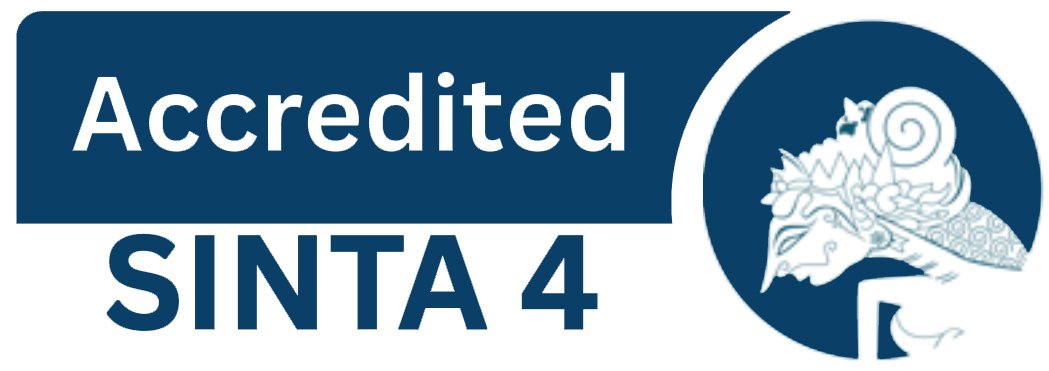Pengaruh literasi digital menggunakan metode pembelajaran inovatif berbasis mind mapping pelajaran bahasa Indonesia kelas IV SD Negeri 79 Palembang
DOI:
https://doi.org/10.22460/collase.v8i2.23995Abstract
Abstrak
Peserta didik masih kurang memahami pembelajaran Bahasa Indonesia secara utuh. Tujuan penelitian untuk mengetahui pengaruh literasi digital menggunakan metode pembelajaran inovatif berbasis mind mapping pelajaran Bahasa Indonesia kelas IV SD Negeri 79 Palembang. Rumusan masalah adalah Apakah terdapat pengaruh literasi digital dengan metode pelajaran inovatif berbasis Mind Mapping pelajaran Bahasa Indonesia kelas IV SD Negeri 79 Palembang?. Metode penelitian adalah metode kuntitatif eksperimen melibatkan 60 sampel kelas IV.A dan IV.C. Teknik Pengumpulan data menggunakan metode observasi, tes, dan dokumentasi. Teknik analisis data yaitu, uji normalitas, uji homogenitas, uji t dan uji hipotesis. Hasil penelitian adalah hasil uji normalitas menunjukan bahwa data posttest kedua kelompok siswa yaitu kelas eksperimen dan kelas kontrol memiliki sebaran data yang berdistribusi normal, dengan nilai signifikan posttest pada kelas eksperimen 0,015 dan 0,135 pada kelas kontrol, hasil uji homogenitas diperoleh nilai sebesar 0,839 lebih besar dari 0,05 dapat dinyatakan bahwa data tersebut homogen, pada pengujian hipotesis pada uji t (independent sampel tets) diperoleh nilai sig 0,000 < 0,05 sehingga dapat disimpulkan nilai signifikan lebih kecil dari 0,05, maka Ho di tolak dan Ha diterima. Disimpulkan bahwa sangat berpengaruh terhadap semangat belajar dan hasil belajar siswa.
Kata Kunci: Literasi Digital, Model Pembelajaran Inovatif, Mind Mapping.
Abstract
Students still do not fully understand Indonesian language learning. The aim of the research is to determine the effect of digital literacy using innovative mind mapping-based learning methods for class IV Indonesian language lessons at SD Negeri 79 Palembang. The formulation of the problem is: Is there an influence of digital literacy with innovative Mind Mapping-based learning methods for class IV Indonesian at SD Negeri 79 Palembang? The research method is a quantitative experimental method involving 60 samples of class IV.A and IV.C. Data collection techniques use observation, test and documentation methods. Data analysis techniques are, normality test, homogeneity test, t test and hypothesis test. The results of the research were that the results of the normality test showed that the posttest data for the two groups of students, namely the experimental class and the control class, had a normal distribution of data, with a significant posttest value in the experimental class of 0.015 and 0.135 in the control class. The homogeneity test results obtained a value of 0.839 which was greater than 0.05 can be stated that the data is homogeneous, when testing the hypothesis in the t test (independent sample tets) a sig value of 0.000 < 0.05 is obtained, so it can be concluded that the significant value is smaller than 0.05, so Ho is rejected and Ha is accepted. It was concluded that it had a great influence on student enthusiasm for learning and learning outcomes.
Keywords: Digital literacy, Innovative learning models, Mind mapping.
Downloads
Published
Issue
Section
License

This work is licensed under a Creative Commons Attribution-ShareAlike 4.0 International License.



